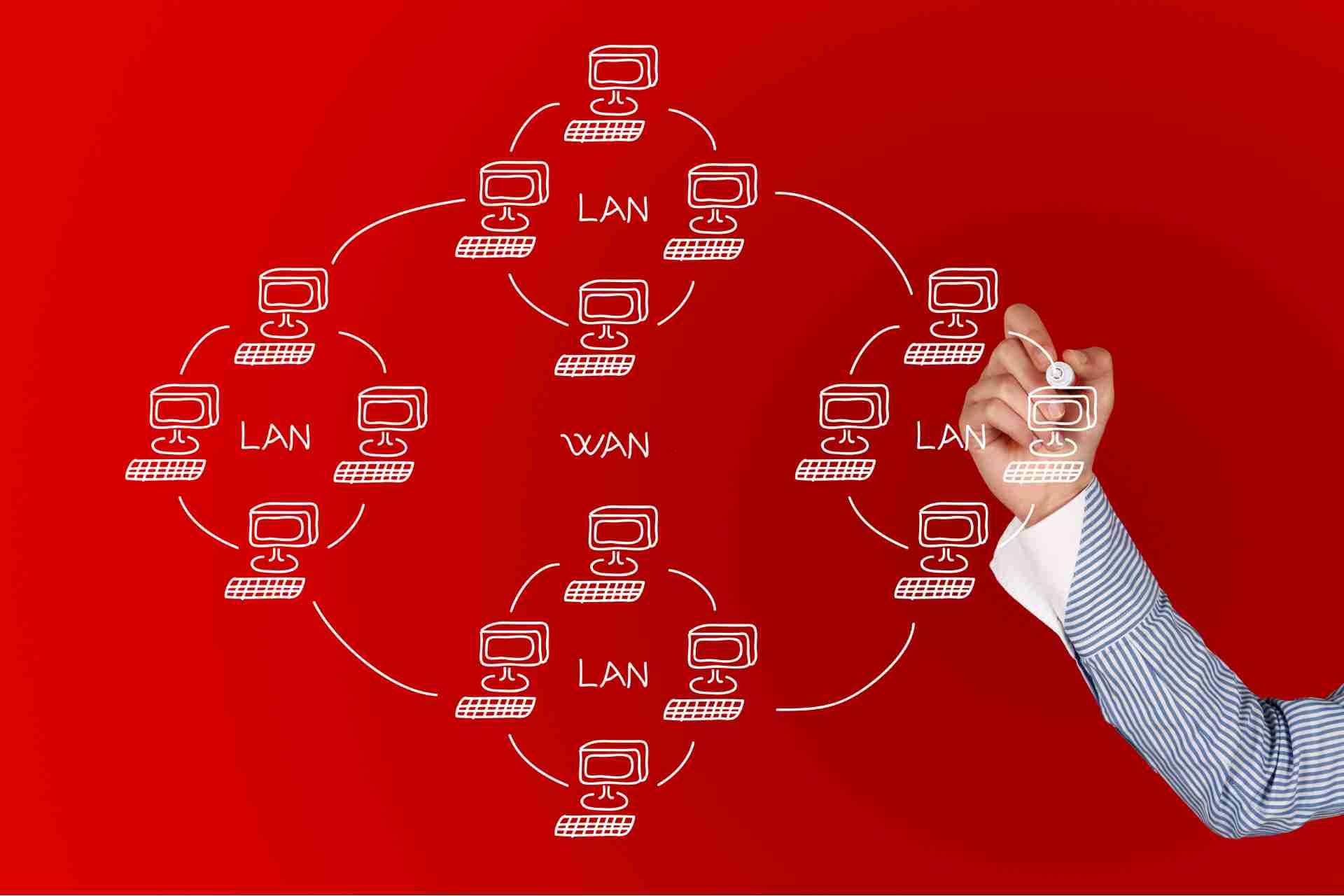Exploring Different Types of Managed IT Services: A Comprehensive Guide
What Are the Different Types of Managed IT Services
In the vast landscape of IT services, the type of Managed IT Services as a key that unlocks a realm of possibilities. Managed Security Services, Managed Network Services, and Managed Backup and Disaster Recovery Services are just a few pieces of the puzzle. Each type plays a crucial role in maintaining the integrity and functionality of your IT infrastructure.
But have you ever wondered about the intricate details that set them apart and how they can benefit your business? The answer lies in understanding the nuances of each service offering and how they can elevate your IT operations to new heights.
Managed Security Services
When it comes to safeguarding your company's digital assets, Managed Security Services play a crucial role in proactively protecting against cyber threats. These services encompass a range of cybersecurity solutions aimed at fortifying your organization's defenses.
One key aspect of Managed Security Services is threat detection. Through advanced monitoring tools and techniques, these services continuously scan your network for any signs of malicious activities or potential security breaches.
By leveraging cutting-edge technologies and industry best practices, Managed Security Services providers can detect and respond to threats in real-time, minimizing the impact of cyber incidents on your business operations. Additionally, these services often include proactive measures such as vulnerability assessments, penetration testing, and security audits to identify and address potential weaknesses before they can be exploited by cyber attackers.
In essence, Managed Security Services serve as a proactive shield for your digital assets, offering peace of mind and enabling your organization to focus on its core objectives without being constantly preoccupied with cybersecurity concerns.
Managed Network Services
Managed Network Services encompass a range of solutions aimed at optimizing and maintaining your organization's network infrastructure. By utilizing network monitoring tools, service providers can proactively monitor your network for any issues or anomalies, ensuring smooth operations. These services not only detect problems but also work towards performance optimization, enhancing the efficiency and speed of your network.
Through network monitoring, Managed Network Services keep a constant eye on your network traffic, bandwidth usage, and overall network health. This proactive approach allows for the identification of potential bottlenecks or security threats before they escalate. Additionally, service providers can fine-tune network settings and configurations to maximize performance and minimize downtime.
Performance optimization is a key aspect of Managed Network Services, as it focuses on enhancing the speed, reliability, and security of your network infrastructure. By continuously analyzing network data and making necessary adjustments, these services help in maintaining a robust and efficient network environment for your organization.
Managed Backup and Disaster Recovery Services
To ensure the continuity and safety of your organization's data in the face of potential disruptions, Managed Backup and Disaster Recovery Services offer essential protection and recovery solutions. Disaster recovery planning is a crucial aspect of these services, focusing on preemptive measures to mitigate risks and ensure swift recovery in case of data loss or system failures.
Managed Backup and Disaster Recovery Services encompass a range of data backup solutions tailored to meet your specific needs. These solutions often include regular backups of critical data, both on-site and off-site, to secure data integrity and facilitate quick restoration in emergencies.
Conclusion
Overall, the different types of managed IT services play a crucial role in ensuring the smooth operation and security of businesses' IT infrastructure. Managed Security Services, Managed Network Services, and Managed Backup and Disaster Recovery Services are essential components in this regard.
By outsourcing these services to specialized providers, organizations can focus on their core operations. This allows them to have peace of mind knowing that their IT systems are being monitored, managed, and protected effectively.












